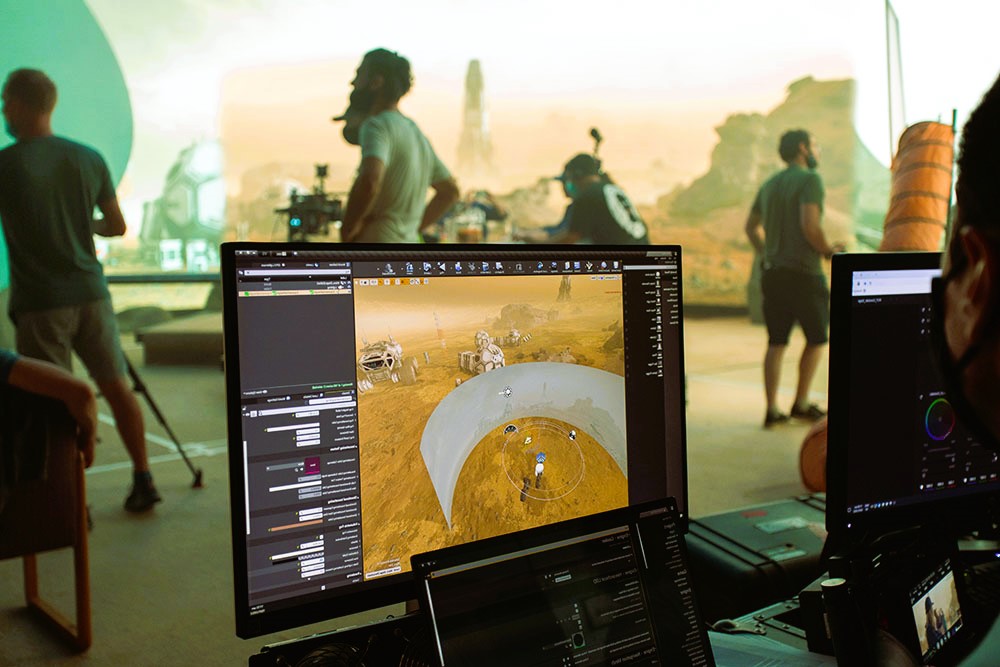Virtual Data Rooms for Indie Game Developers: A Comprehensive Guide
In the rapidly evolving world of game development, independent (indie) developers face unique challenges when managing their projects. From securing sensitive game assets to coordinating with collaborators, the need for a robust and secure data management system is paramount. This is where Virtual Data Rooms (VDRs) come into play. This guide will explore how VDRs can be an invaluable tool for indie game developers, providing a comprehensive overview of their benefits, features, and best practices for implementation.
Understanding Virtual Data Rooms
Virtual Data Rooms (VDRs) are secure online repositories designed to store, manage, and share confidential information. Traditionally used in mergers and acquisitions, VDRs have expanded their utility across various industries, including game development. They offer a cloud-based solution for handling sensitive data, ensuring that access is controlled and monitored effectively.
Key Features of VDRs:
- Data Encryption: VDRs use advanced encryption methods to protect data both in transit and at rest, ensuring that only authorized users can access sensitive information.
- Access Control: VDRs provide granular control over who can view, edit, or download documents, making it easier to manage permissions and protect intellectual property.
- Audit Trails: VDRs offer detailed logs of user activity, allowing developers to track who accessed or modified documents and when.
- Collaboration Tools: VDRs facilitate secure collaboration through features like document sharing, comments, and real-time updates.
Why Indie Game Developers Need VDRs

For indie game developers, VDRs can address several critical needs:
- Protecting Intellectual Property: Indie developers often work with valuable game assets and intellectual property that need to be safeguarded from unauthorized access or theft. VDRs provide a secure environment for storing these assets, ensuring that they are protected throughout the development process.
- Managing Collaborations: Many indie developers work with external collaborators, such as artists, sound designers, or programmers. VDRs enable secure sharing of assets and documentation with these collaborators while maintaining control over who can access or modify the information.
- Organizing Game Assets: Game development involves managing a vast array of files, including code, art, audio, and design documents. VDRs offer a centralized location for organizing and accessing these assets, streamlining workflows and improving efficiency.
- Facilitating Fundraising and Investor Relations: When seeking funding or partnerships, indie developers often need to share detailed information with potential investors. VDRs provide a secure platform for presenting financial documents, business plans, and project proposals, helping to build trust and transparency. Read about the evolution of virtual data rooms in the gaming industry in our article at this link.
Best Practices for Using VDRs in Game Development
To maximize the benefits of VDRs, indie developers should follow these best practices:
- Choose the Right VDR Provider: Not all VDR providers are created equal. Look for a provider that offers features tailored to the needs of game developers, such as integration with project management tools and support for various file formats.
- Implement Access Controls: Set up user permissions carefully to ensure that only authorized individuals can access or modify sensitive information. Use features like password protection and two-factor authentication to enhance security.
- Organize Your Data: Create a clear and logical folder structure within the VDR to facilitate easy access to game assets and documents. Consider using tags or metadata to further organize and categorize files.
- Monitor Activity: Regularly review audit trails to monitor user activity and detect any unauthorized access or changes. This helps maintain the integrity of your data and provides insights into how collaborators are interacting with the VDR.
- Educate Your Team: Ensure that all team members and collaborators are familiar with how to use the VDR effectively. Provide training or guidelines to help them understand how to access, share, and manage documents securely.
Case Study: Success with VDRs in Indie Game Development

To illustrate the effectiveness of VDRs for indie game developers, consider the case of a small indie studio that used a VDR to manage its game development project. The studio faced challenges with organizing large amounts of game assets and coordinating with remote collaborators. By implementing a VDR, the studio was able to:
- Securely store and share game assets, including code, art, and audio files.
- Control access to sensitive information, ensuring that only authorized team members could view or modify files.
- Streamline collaboration with external partners, such as freelance artists and sound designers.
- Present financial and project documents to potential investors in a secure and organized manner.
The use of the VDR helped the studio improve efficiency, protect their intellectual property, and ultimately achieve a successful game launch.
Conclusion
Virtual Data Rooms offer a powerful solution for indie game developers seeking to manage their projects securely and efficiently. By providing a secure platform for storing, sharing, and collaborating on sensitive information, VDRs help indie developers protect their intellectual property, streamline workflows, and build stronger relationships with collaborators and investors.
As the gaming industry continues to grow and evolve, VDRs will play an increasingly important role in supporting the success of indie developers. For more information on Virtual Data Rooms and their applications in various industries, you can visit Wikipedia’s entry on Virtual Data Rooms.
By integrating VDRs into their development processes, indie game developers can focus on what they do best—creating innovative and engaging games—while ensuring that their valuable assets are well protected.